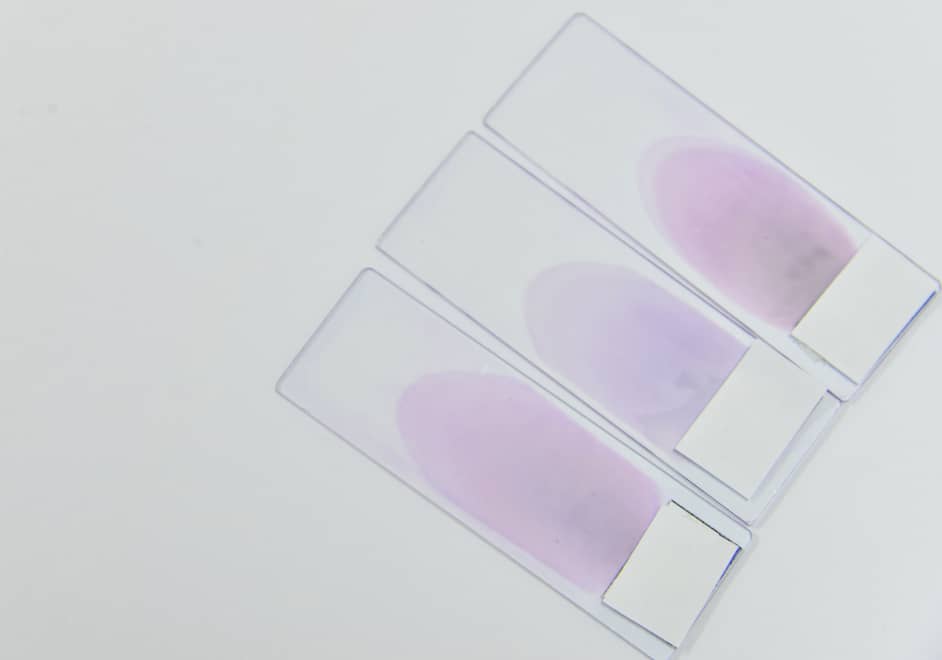



To assess fish oil benefits, we compared results from multiple systematic reviews that review the literature.1,2
The main benefit that is backed in the literature is that for improved heart health. In fact, fish oil is commonly recommended because four early, large randomized trials showed cardioprotective benefits of omega-3 fatty acid supplementation.1 Interestingly, since 2010, more recent trials have failed to replicate results. This may be due to improved cardiovascular treatment, increased fish consumption, or dose differences in the study designs.1 That being said, a recent meta-analysis (Zhang, 2022) published in the Journal of the American Heart Association showed that across 71 trials, increasing dosages of EPA and DHA omega-3 fatty acids resulted in larger decreases in blood pressure.3
Overall, fish oil might reduce the risk of cardiovascular disease, as there is still inconsistency in the data. The American Heart Association recommends 2 servings of fish per week as part of a healthy diet. It recommends about 3 g per day of DHA/EPA for those at high risk of cardiovascular disease, and suggests that more research is needed.4 If your fish intake is low, we recommend supplementing with this essential fatty acid.

Four early, large randomized trials show cardioprotective benefits of omega-3 fatty acid supplementation, but more recent trials have failed to replicate results, according to a systematic review published by Goel in 2018. This may be due to improved cardiovascular treatment, increased fish consumption, or dose differences in the study designs.
Another recent meta-analysis (Zhang, 2022) published in the Journal of the American Heart Association showed that across 71 trials, increasing dosages of EPA and DHA omega-3 fatty acids resulted in larger decreases in blood pressure.
Overall, fish oil might reduce the risk of cardiovascular disease, as there is still inconsistency in the data. The American Heart Association recommends 2 servings of fish per week as part of a healthy diet. It recommends about 3 g per day of DHA/EPA for those at high risk of cardiovascular disease, and suggests that more research is needed.
Source: Goel, 2018 (1). Zhang, 2022 (3). American Heart Association, 2022 (4).
Source: Sydenham, 2012 (2).
